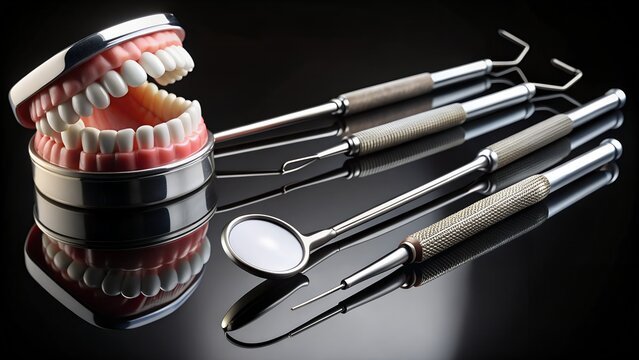Starting a dental supply company requires careful planning, industry knowledge, and adherence to regulatory requirements. Here’s a comprehensive guide to help you get started:
1. Market Research and Business Plan
- Market Research: Understand the dental supply market, identify your target audience (dental clinics, hospitals, etc.), analyze competitors, and identify trends.
- Business Plan: Create a detailed business plan outlining your business model, marketing strategy, financial projections, and operational plans.
2. Legal Structure and Licensing
- Business Structure: Decide on the legal structure of your business (sole proprietorship, partnership, LLC, corporation).
- Licensing and Permits: Obtain the necessary licenses and permits to operate a dental supply business. This may include a general business license, tax identification number, and possibly industry-specific certifications.
3. Supplier Relationships
- Finding Suppliers: Establish relationships with manufacturers and wholesalers of dental supplies. Ensure they are reputable and can provide quality products.
- Negotiation: Negotiate pricing, payment terms, and delivery schedules with your suppliers to ensure you can offer competitive prices.
4. Inventory Management
- Product Selection: Decide on the range of products you will offer (e.g., dental instruments, consumables, equipment).
- Inventory System: Implement an inventory management system to track stock levels, manage orders, and minimize holding costs.
5. Distribution and Logistics
- Warehousing: Secure a warehouse or storage facility for your inventory.
- Shipping and Delivery: Establish a reliable shipping and delivery system to ensure timely and accurate delivery to your customers.
6. Sales and Marketing
- Branding: Develop a strong brand identity, including a company name, logo, and website.
- Marketing Strategy: Implement a marketing strategy that includes online marketing (SEO, social media, email marketing), attending trade shows, and networking with dental professionals.
- Sales Channels: Decide on your sales channels (direct sales, online store, partnerships with dental clinics).
7. Technology and Systems
- E-commerce Platform: Set up an online store to reach a wider audience and facilitate easy ordering.
- CRM System: Implement a Customer Relationship Management (CRM) system to manage customer interactions and sales processes.
8. Financial Management
- Funding: Secure the necessary funding to start and grow your business. This could be through personal savings, loans, or investors.
- Accounting: Set up an accounting system to manage finances, track expenses, and ensure tax compliance.
9. Regulatory Compliance
- Health Regulations: Ensure compliance with health and safety regulations, as dental supplies are often subject to strict standards.
- Product Quality: Implement quality control measures to ensure all products meet regulatory and industry standards.
10. Customer Service
- Support Team: Establish a customer service team to handle inquiries, complaints, and returns.
- Feedback: Collect and act on customer feedback to improve your products and services continuously.
Additional Tips
- Networking: Build relationships with dental professionals and associations to stay informed about industry developments and needs.
- Continuous Improvement: Regularly review and refine your business processes to improve efficiency and customer satisfaction.
Starting a dental supply company involves significant planning and investment, but with the right approach, it can be a lucrative and fulfilling business.

